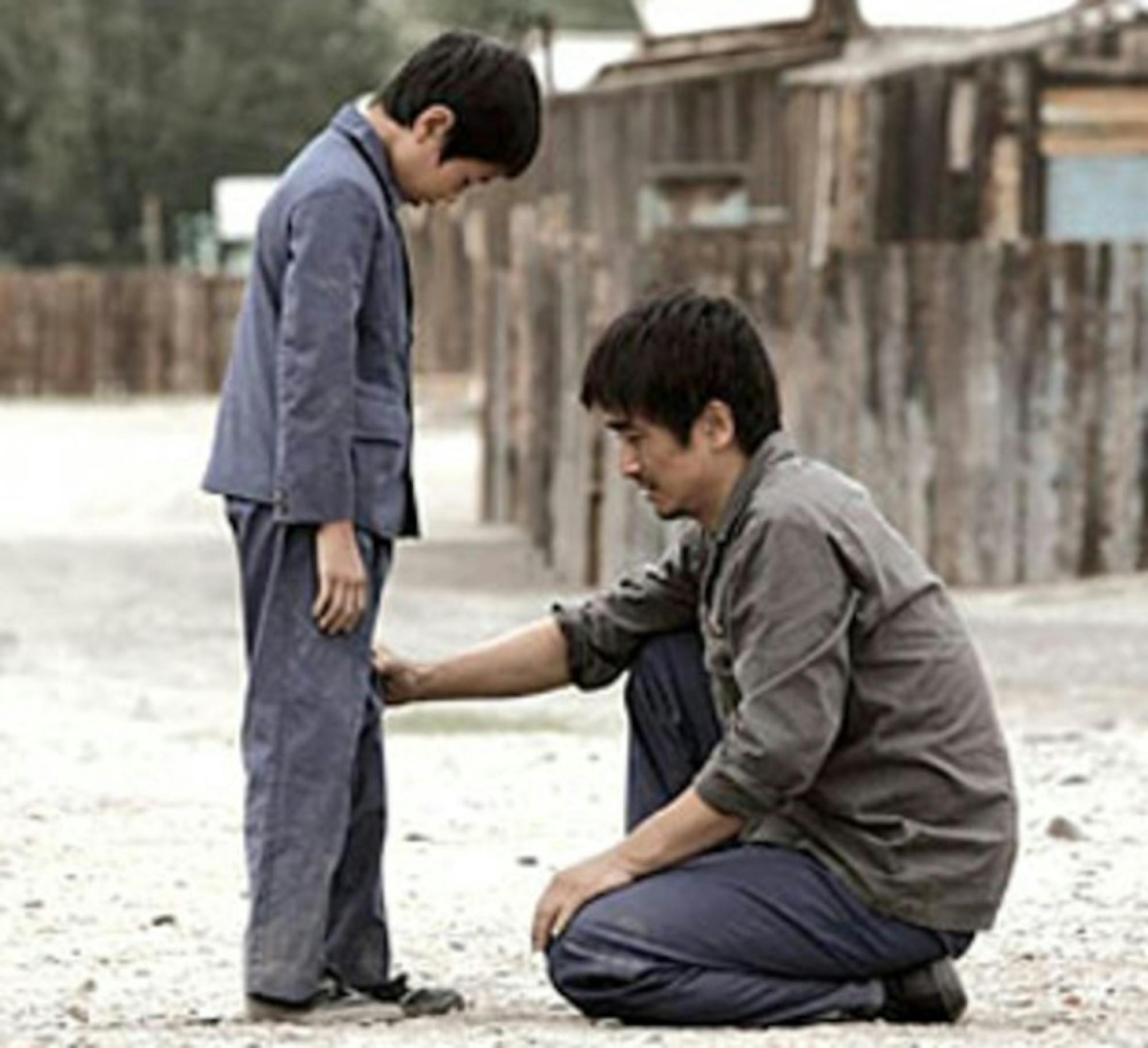"Whatever we know about North Korea here at Dartmouth is maybe through a nuclear weapons class, or just from what we hear in the news," she said, adding later, "It's the most closed-off country in the world, but there is an insane human rights crisis [right now], a famine throughout the 1990s and utter economic devastation. A lot of people even consider it a genocide on the part of the North Korean government."
Jo arranged for LiNK, whose mission is to raise awareness of and advocate for the rights of North Koreans caught in the humanitarian crisis in North Korea, to bring their national tour of "Crossing" to Dartmouth.
The film screened on Sunday, May 3, in an event hosted by the Korean Students Association.
Approximately 70 students attended the screening, a turnout which exceeded expectations, Jo said.
Jo first learned about LiNK during the government foreign study program in Washington D.C. in spring 2008.
She attended events hosted by LiNK for the North Korea Freedom Week held annually in Washington and was particularly inspired by one event, in which she met a young North Korean refugee.
"It was an incredible experience having the chance to meet someone your age who has gone through a life experience that is so different than yours," Jo said. "His [and the stories of other refugees at the event] were really powerful."
The film, whose title refers to the crossing of the Tumen River separating North Korea and China, is based on the true stories of several North Korean defectors.
Yong-Soo, one of the film's characters, is a coal-miner and ex-soccer player living in one of North Korea's countless impoverished neighborhoods.
With his wife suffering from malnutrition, Yong-Soo decides to cross the border into China to find medicine, but is captured, transported to South Korea and forbidden to return to his family.
When his wife dies, Yong-Soo's son is left with no choice but to follow his father and attempt to escape to China.
He too, however, is soon captured and sent to a youth detention camp in North Korea.
"Crossing," an entry for the Best Foreign Picture category at the 81st Academy Awards this past February, was directed by Kim Tae-Kyun, of "The Adventures of Mrs. Park" (1996) and "Volcano High" (2001).
Kim's research for the film began in 2005, and involved reading U.N. reports, watching BBC documentaries and visiting China, where he and a research team interviewed between 200 and 300 North Korean defectors.
"The film is so emotional and realistic and hard to grasp -- it is all of these things in your face," Jo said. "The screening really changed a lot of people's perceptions on North Korea."
Jae Kim '11, president of the Korean Students Association, said his organization agreed to host the event because the film is, above all, a personal story.
"Our primary goal is to bring awareness of the human rights violation issues in North Korea here at Dartmouth," he said. "Therefore, we are not promoting a particular political stance on the issue as a group, but rather leaving the audience to judge for themselves."
During the screening, many students were visibly crying, and after the film ended, many in the audience sat still in their seats in silence.
"The reactions, just from sitting in the audience, were even more than I expected," Jo said. "I could tell that people were really touched. I feel that anybody who watched the film can never look at North Korea the same way again."
A group of students collected signatures from the audience in the hopes of forming a chapter of LiNK at Dartmouth, Jo said.
According to Jo, the students plan to present a proposal for the organization, which will not be officially affiliated with LiNK, to the Council on Student Organizations this week.




